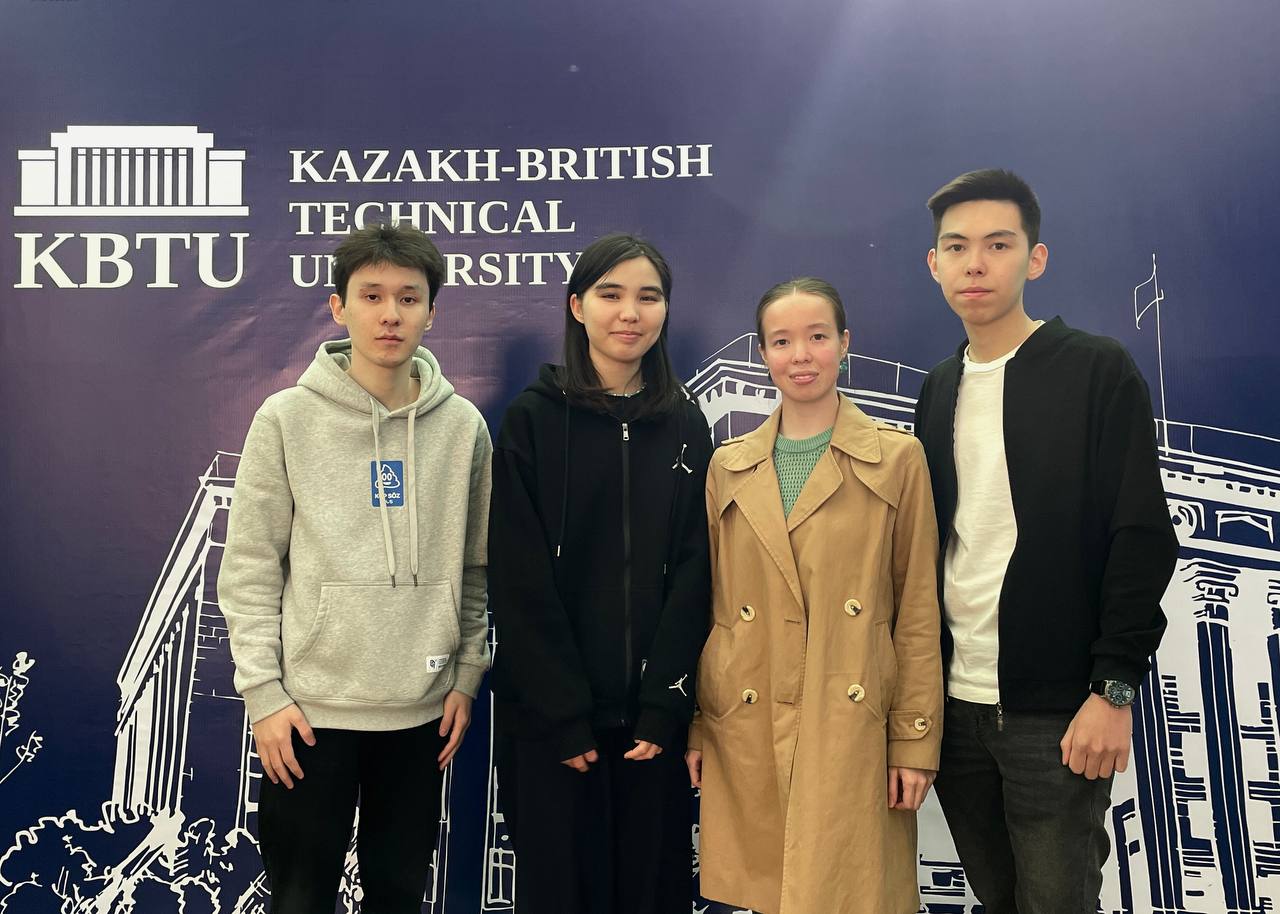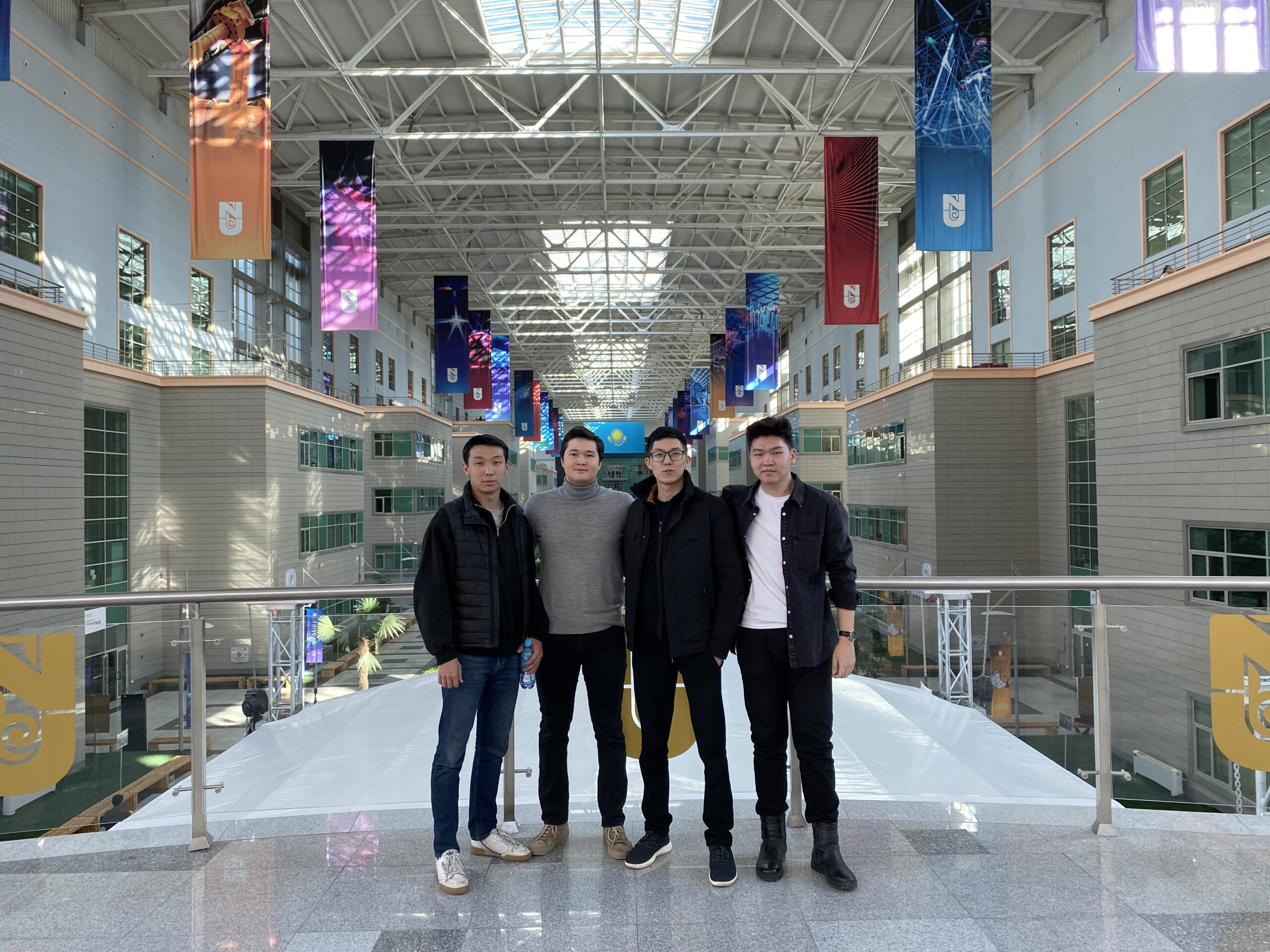ASTANA – Two teams from Kazakhstan entered the top 100 in the global Google Solution Challenge hackathon competing with 5,000 participants. Askar Aituov, a coordinator for Google Developers & Google for Startups in Central Asia and Mongolia, spoke about the annual hackathon and the entry selection process in an interview for The Astana Times.

BeJomart. Photo credit: Altair Kabdrakhmanov.
In the annual competition, students from all over the world propose solutions aimed at achieving the United Nations Sustainable Development Goals. Two projects from Kazakhstan included the BeJomart project aimed at helping people in need and the ReVita project that helps patients recovering from organ transplantation.
“Applications to the Solution Challenge could be submitted via a local university’s Google Developer Student Club. There are two groups of evaluation criteria – impact and technology. The complete list of criteria is available at the Solution Challenge website,” said Aituov.
The hackathon has been conducted annually since 2019.

Askar Aituov. Photo credit: Askar Aituov.
“Kazakhstan was represented by a limited number of teams in 2022 and did not reach the quarterfinals. This year, two teams from Kazakhstan, BeJomart, and ReVita, managed to get into the global top 100 teams,” said Aituov.
The BeJomart project was developed by Kazakh-British Technical University (KBTU) students Altair Kabdrakhmanov, Azat Amen, Dina Kazieva, and Aknur Kapparova.
The BeJomart application enables people in need to leave applications indicating their type of need, such as food, clothing, or equipment, while those willing to donate can respond to the applications or create an offer.
“Our mission is to fight inequality. For donations, users receive points called Baursaks. For seven Baursaks, the user will receive a volunteer certificate,” Kabdrakhmanov said in an interview for this story.

Revita. Photo credit: Ansar Serikbaev.
The ReVita project was developed by Nazarbayev University students Dias Baimukhanov and Madiyar Moldabaev and KBTU students Dinmukhamed Nuran and Ansar Serikbaev.
Serikbaev said they help patients recovering from organ transplantation physically and emotionally.
All information about the patient’s condition is collected. The application reminds the patient to take the pills and sends all the necessary information to the attending physician.
With their project, the team members intend to draw attention to the problems related to organ transplantation in Kazakhstan. They noted significant problems with finding donors in the country.
“The work on the project was carried out in partnership with Zhanibek Ospanov, press secretary of the Republican Center for the Coordination of Transplantation and High-Tech Medical Services and the first person to receive a heart transplant in Kazakhstan,” said Baimukhanov
Both teams are preparing for the next stage by June 2, where they submit a modified product version to the jury.
The top 10 teams announced in mid-June will be admitted to the demo day in August, where the winners will be determined. Among the prizes for the top three winners are $3,000 per team member and a mentorship with a Google expert.
“Google Developer Student Clubs operate in Kazakhstan for several years, but in 2022 there was an increase in the number of universities participating in the challenge. We look forward to welcoming new universities and new student leaders to join the program. Applications are accepted via Google Developer Student Clubs’ website,” said Aituov.
